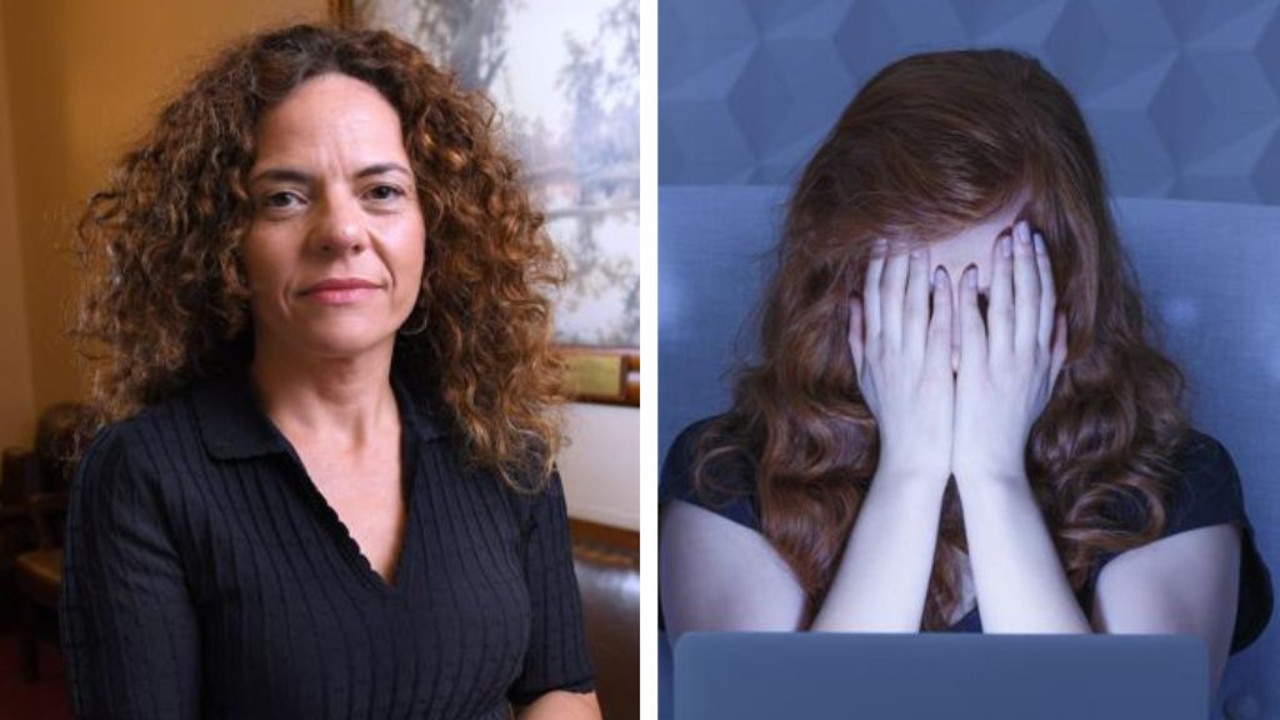National testing on digital literacy shows fewer students have basic skills
Today’s students have grown up surrounded by technology – but concerning figures show a worrying trend in which they’re just “turning on a tap”.

SA News
Don't miss out on the headlines from SA News. Followed categories will be added to My News.
About half of school students do not have the basic skills needed to operate and succeed in a digital world, surprising figures reveal.
Only half of year 6 and year 10 students in South Australia have shown they are “proficient” in using digital technology in the latest round of national testing.
Students were asked to complete tasks ranging in difficulty from opening an email attachment, bookmarking a website or cropping an image to video editing, developing algorithms to solve problems or explaining how Wi-Fi connection works.
More than 1400 students from 94 SA schools were assessed across six levels in the 2022 National Assessment Program (NAP) in ICT Literacy.
Year 6 students who could demonstrate skills at level three or higher, for example by creating and naming a new file or adding questions to an online survey, were deemed proficient.
Just 51 per cent met that benchmark last year, down from a high of 64 per cent in 2008.
For year 10s the threshold was level four or higher, requiring them to demonstrate they could sort files by date, understand differences between file formats or use filters to make an online search more relevant.
Less than half (46 per cent) met that threshold, down from a high of 65 per cent in 2008.
Year 10 results also went backwards in New South Wales and Western Australia.
The Australian Curriculum, Assessment and Reporting Authority says the tests were updated between the 2017 pre-Covid round and 2022 “to keep pace with rapid technological growth”.
This meant the content was more relevant but also more complex, said University of Adelaide senior lecturer in education Walter Barbieri.
“Digital technologies have changed so much since 2008,” Dr Barbieri said.
“Digital capabilities have become a core skill, like reading, writing and numeracy.
“I don’t think that we should be taking for granted that young people know how to use digital technology … that’s a misconception.”
Flinders University senior lecturer in computer science Paul Gardner-Stephen said students were “turning off” science and maths in middle primary years and it was “an uphill battle” to reverse that in high school.
“It is extremely worrying,” Dr Gardner-Stephen said, adding that digital skills were crucial to the state’s key defence and space industries.
He said more students needed the complex skills to create digital solutions, not just consume social media.
“We need digital plumbers going forward, not just people who can turn on a tap,” he said.
The SA government recently announced it would update curriculum to focus more on maths from next year, including trialling a maths skills check in year 3 and 4.
It is also running an artificial intelligence trial in 16 public schools.
The NAP report found SA students have among the highest rates of laptop or tablet use at school in the nation.
More Coverage
Originally published as National testing on digital literacy shows fewer students have basic skills





